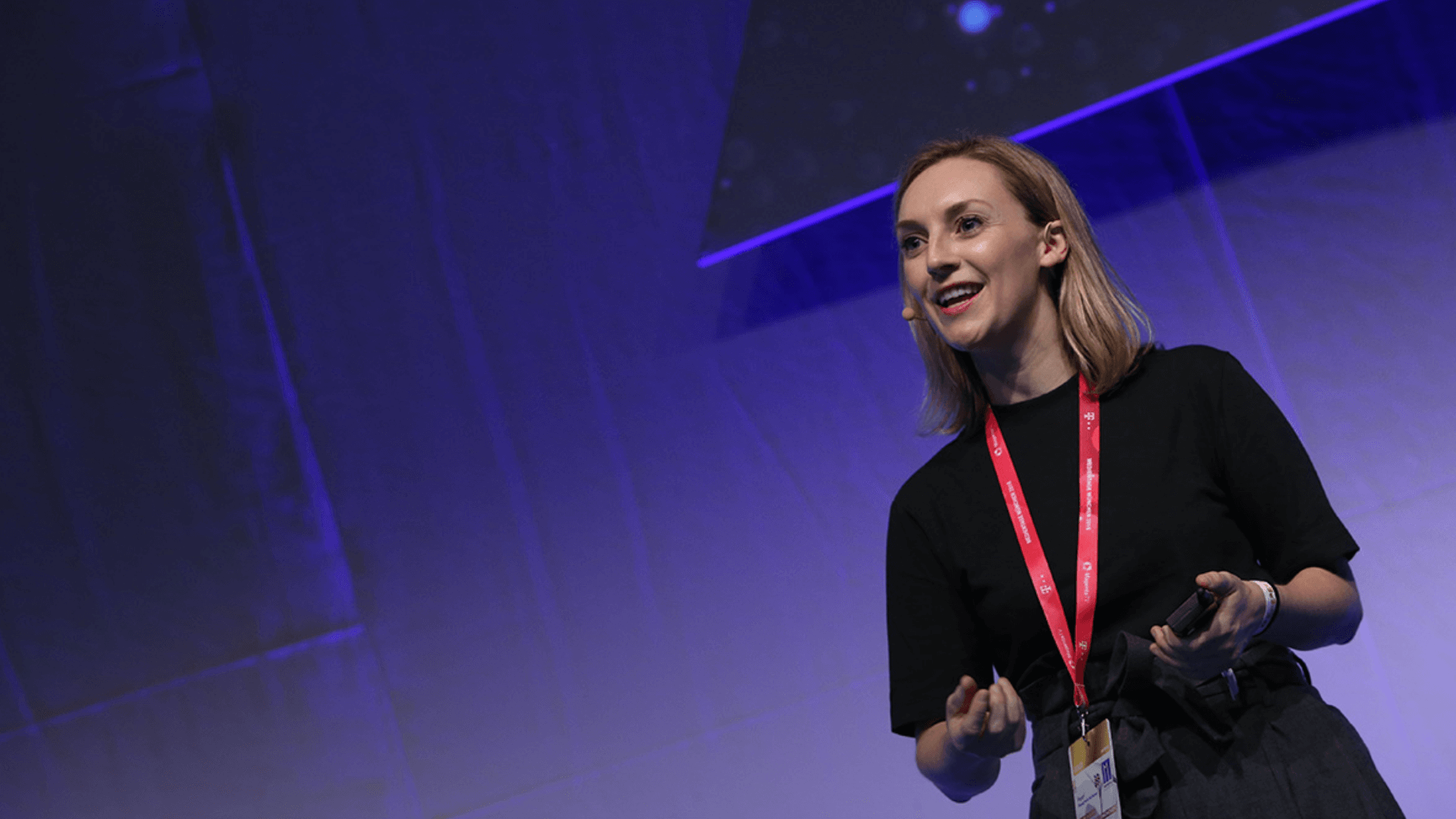Digital Transformation
How artificial intelligence is changing our lives

Fears and hopes at Medientage München
Medientage München, which used to be a closed event for traditional forms of media, has now discovered digital topics. It recently spent two days (also) looking at artificial intelligence.
AI operates in the space where technology and creativity meet. “They could be a dream team,” says Jean-Remy von Matt, founder of the agency Jung von Matt, “but the current relationship status is ‘it’s complicated.’” Without creative ideas there would be no innovation, but creativity gets bogged down whenever technology takes a big leap, because that is when technical functions take center stage, according to von Matt.
For the brands that avail of it, however, all technology does is to create an advantage: “After every leap in technology, it is content, big ideas, that make the difference.” It is true that algorithms can now produce relevant content, but relevance on its own is boring. “In marketing communication, we need both relevance and frills, especially when it comes to capturing the scarce commodity that is people’s attention,” von Matt says.
Can smart speakers already be classified as artificial intelligence? At Medientage München, the answer is yes. The New York Times carried out market research to find out how the virtual assistants Alexa and Google Assistant are currently being used in the U.S. in order to then create formats that are adapted to user behavior and offer added value. So far, their use has been rather basic: Asking questions, listening to music, getting the weather forecast, setting an alarm and listening to the radio are the five most common uses.
“It’s not just about what technology can do, but also how people react to it,” Kourtney Bitterly, the head of market research at The New York Times, explained in her talk “The Future of AI is Voice.” Those surveyed regarded virtual assistants as a means of regaining control over the flood of messages they receive and taking time off from smartphones, tablets and laptops – in short, as a way of staying informed and protecting their mental well-being.
Most people use virtual assistants primarily in the morning and in the evening while cooking. Neither long podcasts nor one-minute-briefings are suitable in these circumstances, Bitterly says. To gain acceptance, journalistic formats need to fit into everyday routines, fulfill the desires of special target groups and be suitable for being listened to by several people in a single room. The New York Times is still investigating what a format of this nature might look like.
Others are already one step further. Tawny, for example, is a company that records gestures and/or biometric data such as heart rate, skin conductivity and skin temperature. This makes it possible not only to gauge people’s moods, but also to predict how likely it is that a shooter will hit a target or that a call center worker will successfully close a contract. There are certainly companies out there that know how to put such technology to use. How willingly members of staff offer up their data is another matter.
“The plundering of our intellectual powers by software, machines and AI has already begun,” says Miriam Meckel, editor of Wirtschaftswoche. Algorithms can already diagnose illnesses with great precision or carry out other creative tasks. Through brain implants, we can read our own thoughts and guide robot arms or have texts written for us. “These developments are a big achievement, but also pose the threat of an interface that can be read, manipulated and hacked. This is where we come up against the limits of privacy and freedom of thought.”
Human beings are still the standard we use to define intelligence. But while an algorithm is only as smart as its programmer, AI promises to be able to learn independently, thereby exceeding human potential. However, this does not apply to the creative sphere, says Eugen L. Gross, co-founder and CEO of aiconix, a video optimization company: “AI is not creative, but it will help us to attain technological perfection, so that we can do what we do best: be creative!”